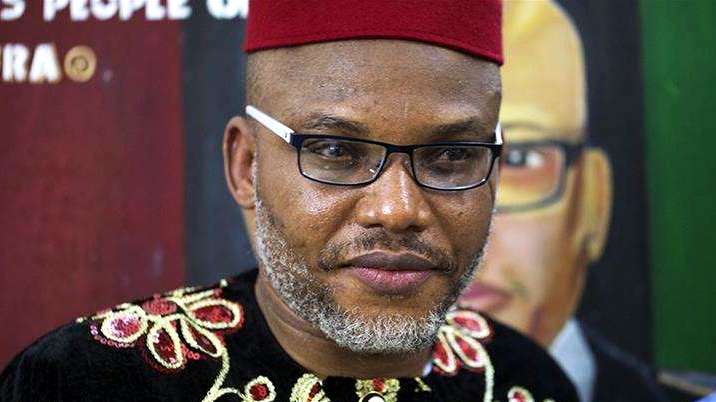The European Union Election Observer Mission’s final report, which criticized the conduct and outcome of the 2023 presidential election that resulted in the election of President Bola Ahmed Tinubu and others, was admitted as evidence by the Presidential Election Petition Court (PEPC) on Monday.
The report, presented by Atiku Abubakar, the former Vice President and Presidential candidate of the Peoples Democratic Party (PDP) in the February 25 presidential election, was accepted as an exhibit despite strong objections from President Bola Tinubu, the All Progressive Congress (APC), and the Independent National Electoral Commission (INEC).
According to the European Union election observer mission’s report, the presidential election lacked credibility, fairness, and transparency in the manner in which it was conducted by INEC.
Dr. Lawrence Bayode, INEC’s sole witness and Director of Information Technology (IT), submitted the report as evidence and stated that only 31 percent of the presidential election results were uploaded onto INEC’s result viewing portal.
Prior to the admission of the report, Atiku’s lead counsel, Chief Chris Uche SAN, requested that Tinubu and the APC initiate cross-examination of the INEC witness due to their shared interests in opposing Atiku’s petition.
However, Tinubu and the APC, represented by lead counsel Wole Olanipekun SAN and Prince Lateef Olasunkanmi Fagbemi SAN respectively, vehemently opposed the application.
The resulting deadlock prompted the 5-member Tribunal to retire to their chambers to consult relevant laws regarding cross-examination in such a case. Upon resuming, the Court ruled in favor of Atiku, ordering Tinubu and the APC to cross-examine the witness, to which they complied.
Atiku also succeeded in another application to have the INEC witness read critical portions of the European Union’s final report on the presidential election, despite opposition from Tinubu, the APC, and INEC.
Tinubu and the APC objected to Atiku’s request for a 20-minute cross-examination, but the Court dismissed their objection.
During his testimony, Dr. Bayode admitted that INEC did not have an electronic collation system for election results, indicating that the presidential election results were manually collated by INEC’s presiding officers.
Under cross-examination by Chief Chris Uche (SAN), Atiku’s lead counsel, the witness acknowledged that not all the presidential election results were uploaded onto INEC’s results viewing center by March 1, 2023, when Tinubu was declared the winner.
While the witness cited a technical glitch that affected the uploading of the results, he admitted under cross-examination that this glitch was not reported to Amazon Web Services (AWS) by INEC.
Responding to Chief Wole Olanipekun (SAN), President Tinubu’s lead counsel, the witness stated that the election results were based on Form EC8A and that data and network service were necessary for uploading the images of the results captured by the Biomodal Voters Accreditation System (BVAS) machine.
He further testified that the images captured by BVAS, whether transmitted electronically or manually, would not compromise the integrity of the election, especially when the results entered into Form EC8As are announced in the presence of party agents.
When questioned by Lateef Fagbemi (SAN), the APC’s lead counsel, the witness admitted that glitches occurred on election day but insisted that they did not affect the final results and scores of the candidates.
Having presented one witness and four documents, INEC concluded its defense in the petition filed by Atiku Abubakar against Tinubu’s declaration as the winner of the February 25 presidential election.
Furthermore, Justice Haruna Simon Tsammani, the Presiding Justice of the Presidential Election Petition Court, has instructed President Tinubu to commence his defense of his victory in the presidential election on Tuesday, June 4, 2023.



